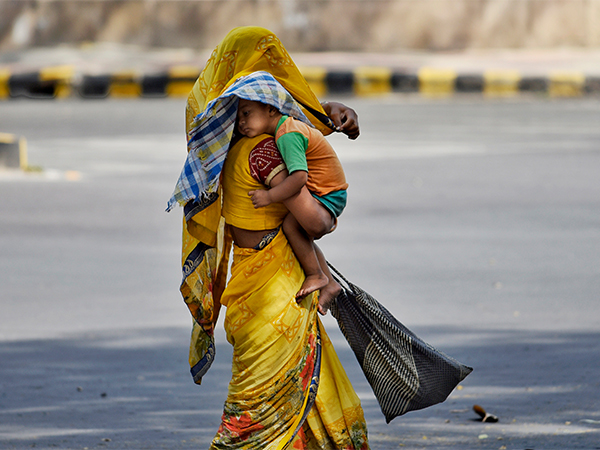Pakistan tries to justify 1971 Bangladesh genocide: Report
Apr 18, 2022

Islamabad [Pakistan], April 18 : Pakistan is trying to justify the massacre of Bangladeshi residents by its military during the 1971 Bangladesh war, denying the extent of the military oppression and blaming the whole incident on Bangladesh for the separation.
Pakistani scholars jointly agree on sabotaging the Bangladesi uprising in 1971, accusing the Prime Minister of Bangladesh, Sheikh Hasina, of recasting the killings of non-Bengalis as a struggle conducted by the Awami League and of implementing it against the Bangladesh Nationalist Party (BNP), reported by Global Strat View, an independent media group.
Pakistan believes the mock trials of war criminals to be absurd and deems that "those accused of attacking, killing and raping members of their community will never be brought to justice. In official memory, as institutionalized by the Bangladeshi state, only crimes against Bengalis are remembered."
Pakistan even lends its support to war groups like the Khalistan movement, fighting against the Indian state. Pakistan also claims that Bangladeshi Hindu professors spread secessionist sentiments amongst its students, reported Global Strat View, an independent media group.
Aggressive think tanks cover the separation of Bangladesh from Pakistan with a certain biasedness, highlighting only those issues that comply with the official policy while ignoring anything that violates the guidelines.
The Pakistani authorities oppose Bangladesh's efforts to deliver justice to the victims who suffered in the Pakistani war crimes, criticizing the execution of two convicted war criminals, Salahuddin Quader Chowdhury, leader of BNP, and Ali Ahsan Mohammad, leader of Jamaat-e-Islami.
Also, countries like China and The United States suppressed the genocide reports as well, provoking both activists and academics. Thus, in turn, the Bangladeshi uprising of 1971 has been reduced to a civic-political demand.
Recognition of the brutal massacre and the qualitative widening of the current legal understanding of genocide during the Liberation Struggle of Bangladesh is ethically demanded.




















